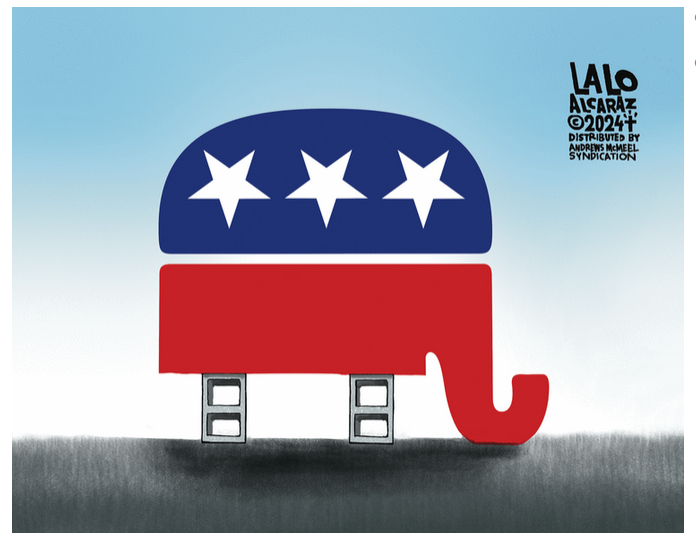MBS is such a visionary leader that he will achieve the once impossible feat of bankrupting Saudi Arabia https://t.co/1LWKAaR75D
— Alexander Clarkson (@APHClarkson) April 4, 2024
Man, who would have guessed that 105-mile-long glass-walled megacity in Saudi Arabia might not come to fruition after all. https://t.co/8T06I5MTet
— Eric Fish (@ericfish85) April 13, 2024
Continuing the theme of ‘rich narcissists embarrassing themselves’… Per the Guardian, “End of the Line? Saudi Arabia ‘forced to scale back’ plans for desert megacity”:
It was billed as a glass-walled city of the future, an ambitious centrepiece of the economic plan backed by Crown Prince Mohammed bin Salman to transition Saudi Arabia away from oil dependency.
Now, however, plans for the mirror-clad desert metropolis called the Line have been scaled down and the project, which was envisaged to stretch 105 miles (170km) is expected to reach just a mile and a half by 2030.
Dreamed up as a linear city that would eventually be home to about 9 million people on a footprint of just 13 sq miles, the Line is part of a wider Neom project. Now at least one contractor has begun dismissing workers.
The scaling down of Prince Mohammed’s most grandiose project was reported by Bloomberg, which said it had seen documents relating to the project.
The project, which had been slated to cost $1.5tn (£1.2tn), was pitched as a reinvention of urban design. However, it has long attracted scepticism and criticism, not least after the reported execution of several members of the Howeitat tribe who had protested over plans to construct on their ancestral lands.
Then there were reports of Prince Mohammed’s changing vision for the project, budget overspends and an ever-changing roster of key staff, with some who have worked on the project describing it as “untethered from reality”.
Cold Grey Pre-Dawn Open Thread: Fading Neom DreamsPost + Comments (86)

